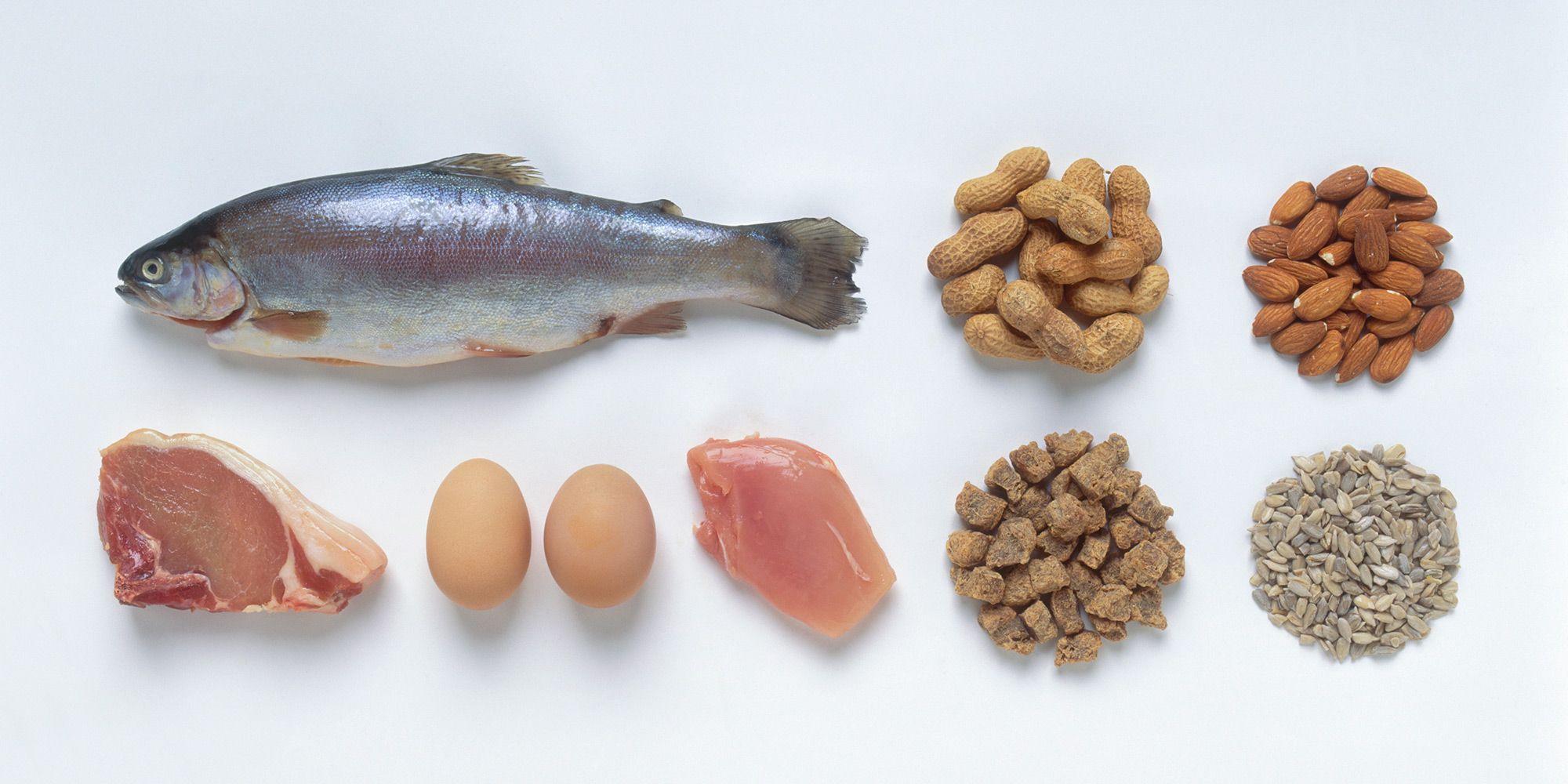Shop At Haya: Your Ultimate Shopping Guide
Discover the best shopping tips, trends, and deals for a smarter buying experience.
Protein Pandemonium: Why You're Probably Not Eating Enough
Discover the shocking truth about your protein intake and why you're likely missing out on vital nutrition. Boost your health today!
The Hidden Dangers of Insufficient Protein Intake
Insufficient protein intake can lead to a myriad of health issues that often go unnoticed until they escalate. Protein is essential for various bodily functions, including muscle repair, enzyme production, and hormone regulation. Without adequate protein, your body may start to break down muscle tissue for energy, leading to muscle wasting and decreased strength. This can impact your overall physical performance and increase the risk of injuries during daily activities or exercise.
Moreover, insufficient protein intake can also affect your immune system. Proteins are crucial for the production of antibodies and immune cells that protect your body against infections. A deficiency may leave you more susceptible to illnesses and can hinder recovery from injuries or surgeries. Additionally, chronic low protein consumption can contribute to feelings of fatigue, hair loss, and skin problems, highlighting the importance of incorporating sufficient protein into your diet.

10 Surprising Signs You're Not Getting Enough Protein
Protein is an essential macronutrient that plays a crucial role in numerous bodily functions. If you're not getting enough, there are some surprising signs you might start to notice. For instance, fatigue can be a major indicator of insufficient protein intake. If you find yourself feeling unusually tired after simple tasks, your body might be lacking the necessary building blocks it needs to maintain energy levels. Other symptoms include frequent cravings for unhealthy snacks, which can signal that your body is looking for more sustenance.
Another surprising sign you're not getting enough protein is excessive hair loss. Hair follicles rely on protein to thrive, and a deficiency can lead to noticeable shedding. Additionally, if you're experiencing frequent injuries or a slow recovery from workouts, this could indicate that your muscles are not getting the support they need from protein. To help combat these issues, consider incorporating more protein-rich foods into your diet, such as lean meats, legumes, and dairy products.
How Much Protein Do You Really Need? Busting Common Myths
When it comes to understanding how much protein you really need, it's essential to separate fact from fiction. One common myth is that everyone requires the same protein intake, but this isn't true. Factors such as age, sex, activity level, and fitness goals all play a significant role in determining individual protein needs. For example, while the average sedentary adult may only need about 0.8 grams of protein per kilogram of body weight, athletes or those engaged in regular intense physical activity may benefit from intakes as high as 1.2 to 2.0 grams per kilogram.
Another prevalent misconception is that you must consume protein immediately post-workout for optimal recovery, but the body is capable of utilizing protein from meals consumed within a larger time frame. Studies show that protein timing may not be as critical as previously thought, as long as daily requirements are met. The key takeaway is to focus on your overall intake rather than stressing over specific timings. To establish a balanced diet, consider diversifying your protein sources, including lean meats, dairy, legumes, and nuts, to meet your daily needs efficiently.